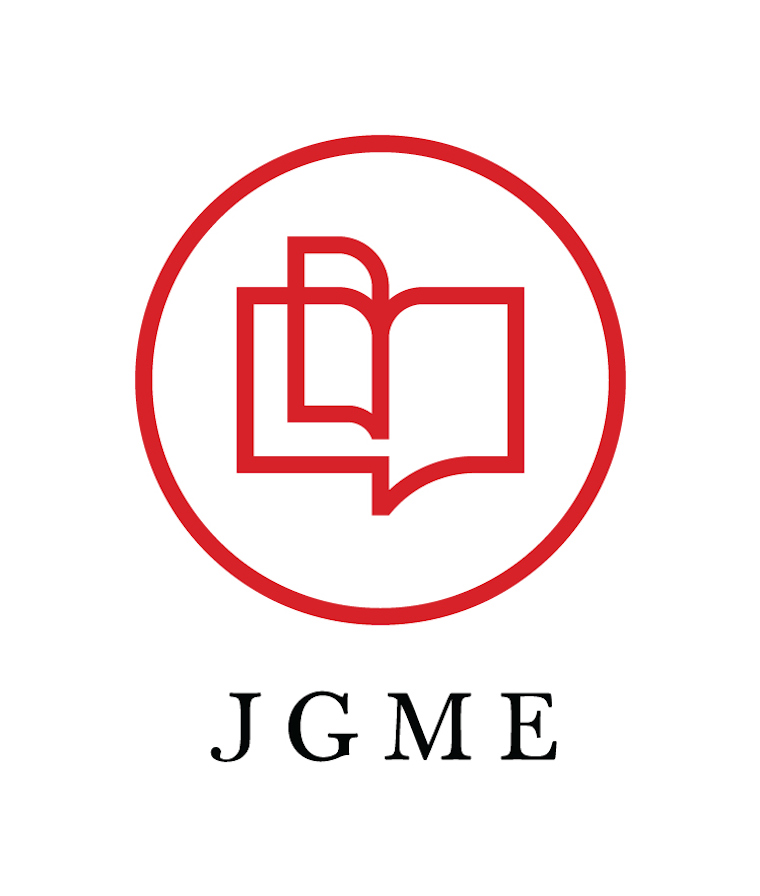Journal Notes: A New JGME Series—A Guide to Literature Reviews for Readers and Writers
As the editors of the Journal of Graduate Medical Education (JGME) will readily tell you, a literature review can be one of the most challenging research articles to prepare and write. However, a good review can also be one of the most popular and useful additions in medical education, as it summarizes a large body of literature. Over the years JGME has received many literature review submissions, but they tend to require a great deal of work in revision. They can also exhibit problems stemming from planning and data gathering that a revision won’t solve. To make matters more complex, there are several types of reviews from which to choose. Authors submitting to JGME are asked to state in their abstract which type of review they chose, as well as why they chose it. To address some of these challenges, the editors of JGME have launched a series of articles, scheduled to publish over the next year and a half, to explore different types of literature reviews. Each issue, beginning with the recent April 2022 issue, will feature one in-depth writer’s guide along with one shorter reader’s guide for each review type.
First, what is a literature review? Anna McLeod, MD, and Lara Varpio, PhD, who initially proposed this series for JGME, and Robin Parker, MLIS, gave a preview of the series in JGME’s December 2021 issue with an Introduction to the JGME Literature Review Series. They defined it as “an approach to amalgamating results from individual sources such as peer-reviewed original research and grey literature (e.g., conference proceedings) to generate a comprehensive description, integration, or conclusion about a specific topic.” For writers and researchers, the value of such a synthesis is clear. Before launching one’s own research project, it is essential to know what has already been written about a particular topic. A good review can save time and effort by gathering valuable data and analysis in one place.
Writers, however, aren’t the only ones who can benefit. McLeod et al. provide a few other examples: a program director who wants to learn more about virtual residency selection; an administrator who is nervous about accreditation site visits; and a resident who is concerned about issues of equity in the operating room and desires to create a more inclusive learning environment. The authors noted that “in each of these cases an initial step is to turn to the literature, to learn what has been done…If you are lucky, you may find a literature review on your topic.”
JGME’s April 2022 issue features its first pair of articles in the series, “Systematic Reviews in Medical Education” and “A Reader’s Guide to Medical Education Systematic Reviews.” This type of review, which focuses on a specific question and uses explicit, pre-specified scientific methods, is a demanding and complex endeavor. The first article lays the foundation for systematic reviews, discusses their strengths and weaknesses, and proposes hallmarks of quality reviews. It then provides a step-by-step process, starting with proposing the question and assembling the research team, all the way to collecting and analyzing the data. The accompanying reader’s guide briefly explores nine quality considerations for this type of review.
In upcoming issues, the series will look at realist, narrative, scoping, state-of-the-art, critical, meta-ethnographic, and integrative reviews. While this list is by no means exhaustive, the editors chose each type of review to highlight either because it has a well-established history or because it shows promise as an emerging approach. As a kind of second introduction to the series, the February 2022 issue also featured the special article, Literature Reviews: Key Considerations and Tips From Knowledge Synthesis Librarians, which looks at common elements of all review types and offers practical tips based on the authors’ experience as synthesis librarians supporting hundreds of reviews.
Regardless of your role in graduate medical education, whether preparing a new review for publication or searching for a quality review to help improve the learning environment on the job, the editors of JGME believe you will find something of value in this series and invite you to visit jgme.org, where all articles are open access. You can also find JGME on Twitter @JournalofGME to learn more and discuss these articles in the months to come.
Guest blogger Kevin Gladish is an editorial associate on the staff of the Journal of Graduate Medical Education. He’s been at the ACGME since 2016, and is also a performer, writer, and storyteller.

